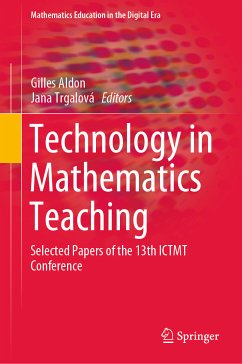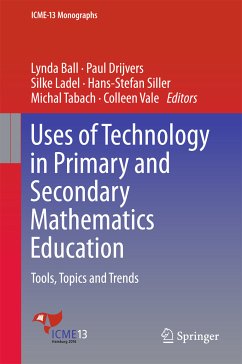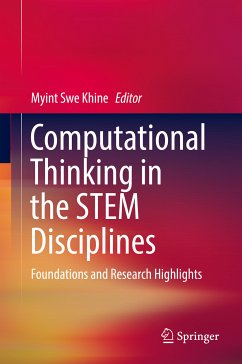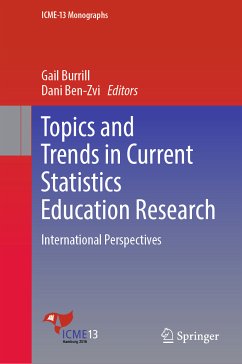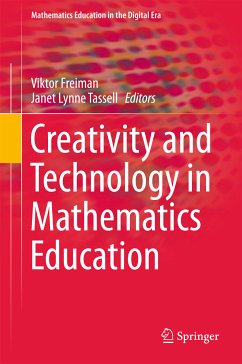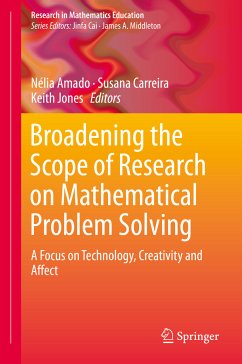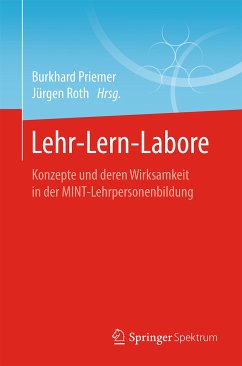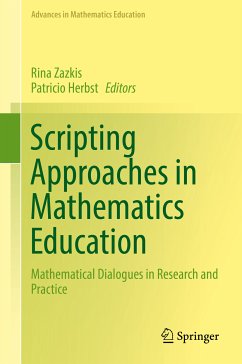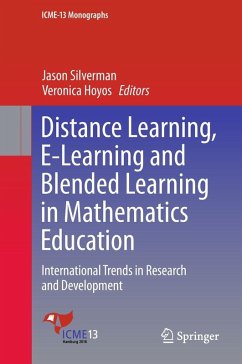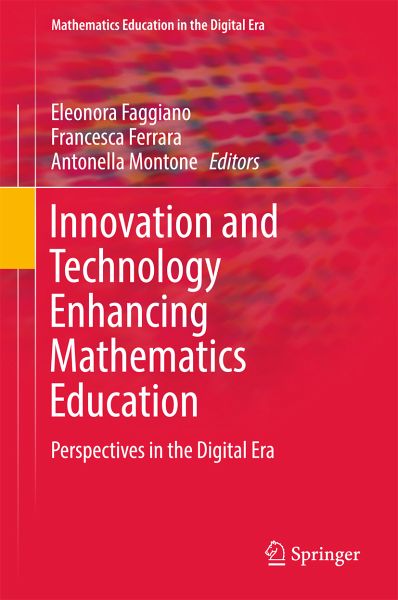
Innovation and Technology Enhancing Mathematics Education (eBook, PDF)
Perspectives in the Digital Era
Redaktion: Faggiano, Eleonora; Montone, Antonella; Ferrara, Francesca
Versandkostenfrei!
Sofort per Download lieferbar
136,95 €
inkl. MwSt.
Weitere Ausgaben:

PAYBACK Punkte
68 °P sammeln!
Exploits the issue of innovation from different points of view
Considers the potential of "cutting-edge" technologies
Pursues new visions for the use of technology within Mathematics Education
Supports the current changes within the various communities of practice
Dieser Download kann aus rechtlichen Gründen nur mit Rechnungsadresse in A, B, BG, CY, CZ, D, DK, EW, E, FIN, F, GR, HR, H, IRL, I, LT, L, LR, M, NL, PL, P, R, S, SLO, SK ausgeliefert werden.



